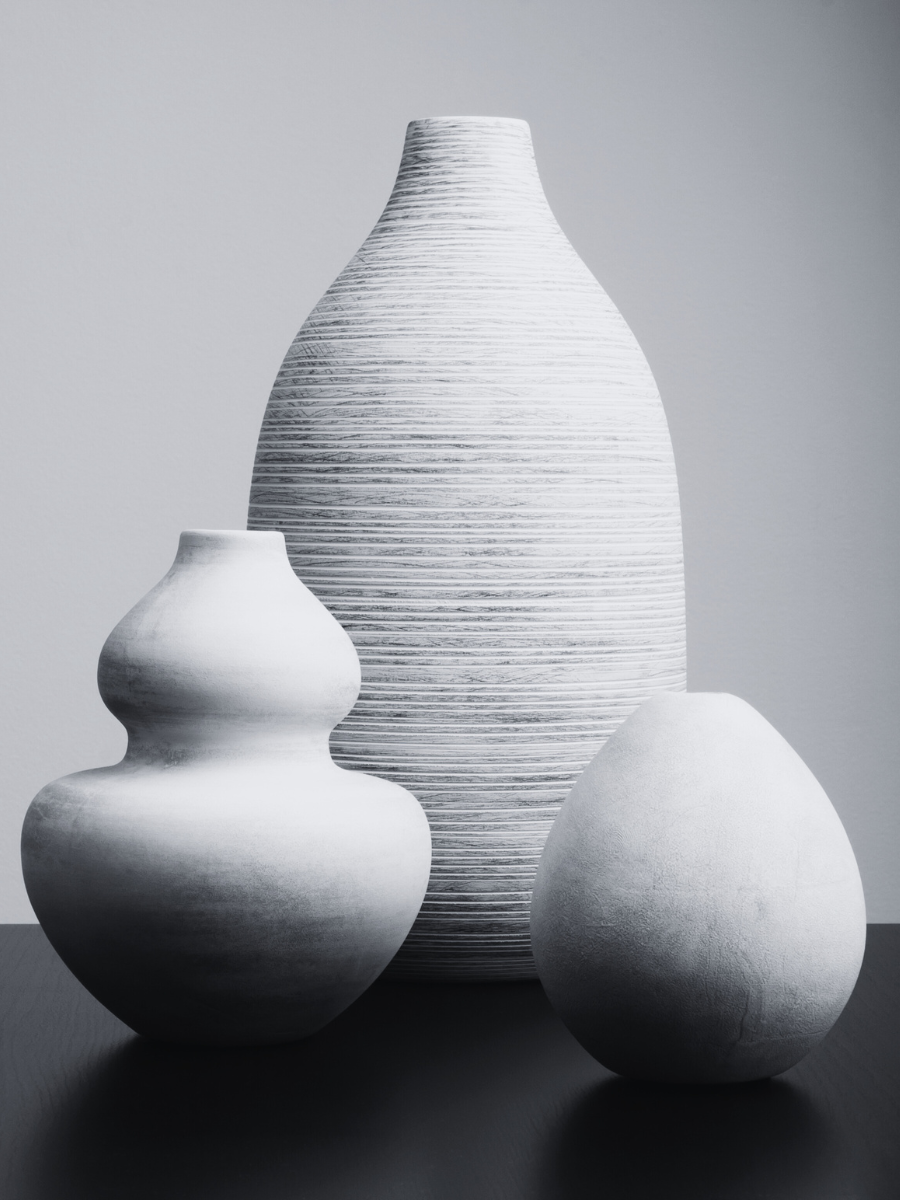- I am tucked in like an ovary, en route to Kentucky, in the belly of the bird; my mind is a vase of Njideka. Maka mberede nyiri dike.
- Njideka is my mother’s name, but its meaning is what I say like prayer: what I have is more. And what do I have with me? Nothing. I do not have my children, those for whom my very heart beats. I do not have my marriage, thank you very much. I do not have my sisters and my parents, echeta obi esie ike m. I do not have Frances Ogamba, my best friend. I am alone. My eyes are red balls in saltwater. I lick the top of my lips. Mana mberede ka eji ama dike.
- Njideka is my mother’s name, but its meaning is what I say like prayer: what I have is more. And what do I have? Life. The life my mother gave to me, on the 11th of October, in Jos. The life that almost took a walk on the 13th of July, 2017, aided by hands that once produced from me cups of squirt and cum, my neck unsafe in the hollow of his hands, pretzeled to knot, ceasing at that nanosecond when rending iridescence turned to noiseless darkness, and noiseless darkness turned to breezy iridescence, marking the beginning of the damaging end of something once stunning.
- Njideka is my mother’s name, but its meaning is what I say like prayer: what I have is more. And what do I have? Stories. I press my head to the airplane’s window, looking at the cotton of cloud, but seeing my six-year-old elder sister, Ezeamama Adaobi; my two-year-old brother, Ezeamama Chigozie; and five-year-old me, gathered on the cemented ground of our mud house kitchen; beside the pot cooking ọha soup; chewing—if Grandma was so kind that night—pieces of dry fish from the ngiga hanging above the fireplace, and enamored by Grandma’s folktales. In the sparkles of orange fire surrounded by three black stones was big me: big me, the storyteller. To be a storyteller, I figured, I must pen the stories. So, I got to it. At age seven, I produced a collection of the bedtime stories Daddy told us in Jos and the moonlight stories Grandma told us in Achina. I watched, in utter delight, my Fatima Private School classmates stampede over who was next in line to read my book! Bliss! I giggled in ecstasy when my secondary school Regina Pacis classmates debated over my fiction as if it were a movie. And even when, at the University of Nigeria, my fingers poked the living candlelight out of my calculator, and my eyes traversed my statistics textbook, wondering—in utter annoyance—why X had to always be the heady alphabet; I still found time to write stories. Storytelling was, still is, my fresh air ‘fore I die (thank you Dr. Angelou) because I rest assured that when I found X in number 1, by the time I got to problem 2, X would have gone missing again! ọchu ọkụkọ nwe ada, ọkụkọ nwe nwọ nwọ ọsọ.
- Njideka is my mother’s name, but its meaning is what I say like prayer: what I have is more. And what do I have? Spirits who provide me with succor. The spirits who dictate the stories to me. I am not alone, have never been, will never be. There are spirit friends who walk, and work with me. I sit to write, not knowing where the story is going, but punching away at my keyboard anyway. And after, perhaps, a million uninterrupted hours of writing, I emerge bodily tired but spiritually strong. Why? Because in all those hours, my spirit rested while the spirits took over my body and wrote. This is not a flippant statement. I feel Them, a cold chill on the left part of my body. I sometimes smell Them, a fruity scent coming from nowhere. I sometimes hear Them with my physical ears. Who are they? Well, ijụta isi nkita ijiri agba ya mee gini? Ultimately, my spirit friends are the storytellers, and I’m the wordsmith who cleans up sentences after they’ve left my body. Atuọlụọmanu, ọmara. Atuọlụ ofeke, ofenye aka n’ọhia.
- Njideka is my mother’s name, but its meaning is what I say like prayer: what I have is more. What do I have? The warm arms of Chukwu Abiama; the unstinting, most gracious mother. Afụ dimkpa afụ ogonogo imi ya. Olisa ebili ụwa! As a dibia, I have both the spiritual and the physical ọfọ. Ọfọ ka idide ji awa ani: the worm uses ofo to break the ground. I am the snail that trudges despite its pace, hiding in its shell when it is afraid, and coming out again to try. I am that snail who looks outside its box of shell, who looks to the universe for hope, for peace. What is more than peace? Every dawn, I gather the deities, spirits, and ancestors, moon and stars, to throw nzu with me in orison. They give me humility and kindness. They heal me of post-traumatic stress disorder. They sustain me. Every day they sustain me. And oji ọfọ ga-ana.
- Njideka is my mother’s name, but its meaning is what I say like prayer: what I have is more. And what do I have? I have incredible children. I have confidence. I have All Shades of Iberibe, my beloved book. I have a scholarship, to study my darling creative writing. I have a family that loves me. I have water. I have stories to die for. I have lovely spirit and human friends, a best friend too. I have laughter. I have me. I have life. Onye nwere ndụ nwere ihe niile. Chukwu daalụ riine!
- In this vase of Njideka, I have everything.

Gamut Magazine
Issue #1
Eight Vases of Njideka
By Kasimma
By Kasimma
Kasimma is from Igboland (obodo ndị dike). She’s the author of All Shades of Iberibe. Her short stories, essays, poems, and scripts appear/are forthcoming in Guernica, Solarpunk, LitHub, New Orleans Review, Meet Cute, Mangoprism, The Saltbush Review, The Forge, Afreecan Read, Native Skin, Writer’s Digest, and other online journals and print anthologies. Kasimma is an alumnus of Chimamanda Adichie’s creative writing workshop, Wole Soyinka Foundation writers’ residency, and others across four continents. You can read more of her pieces here: https://kasimma.com/read-online/.
